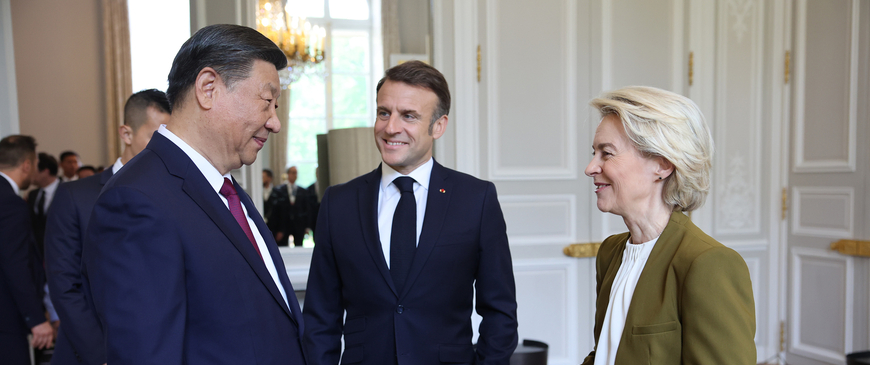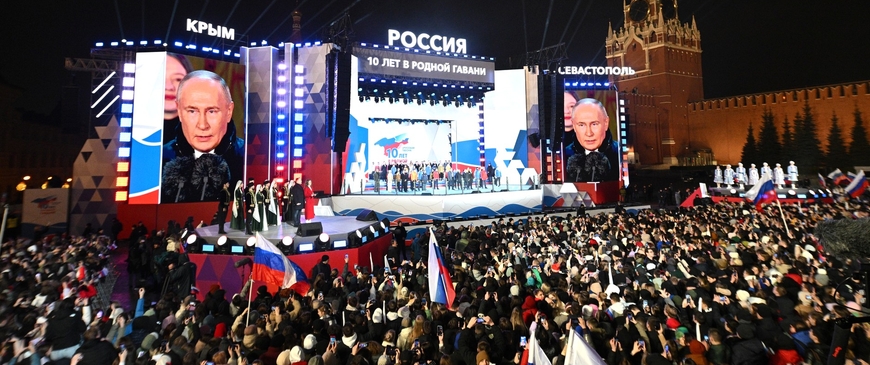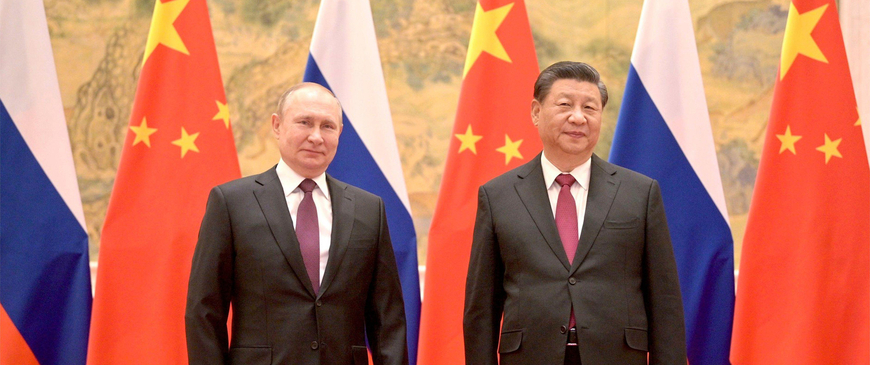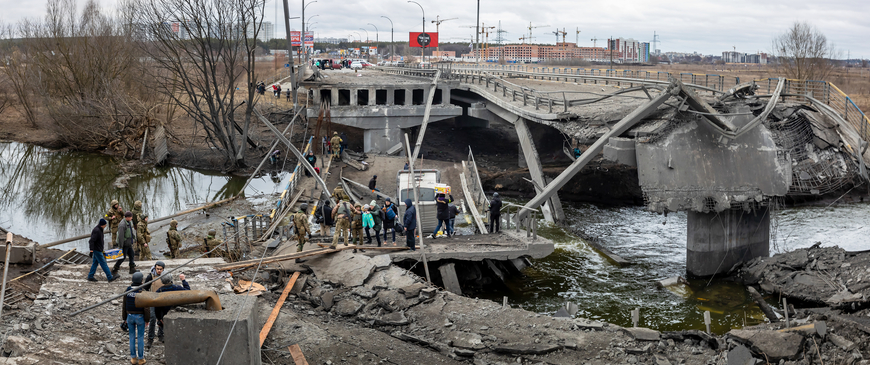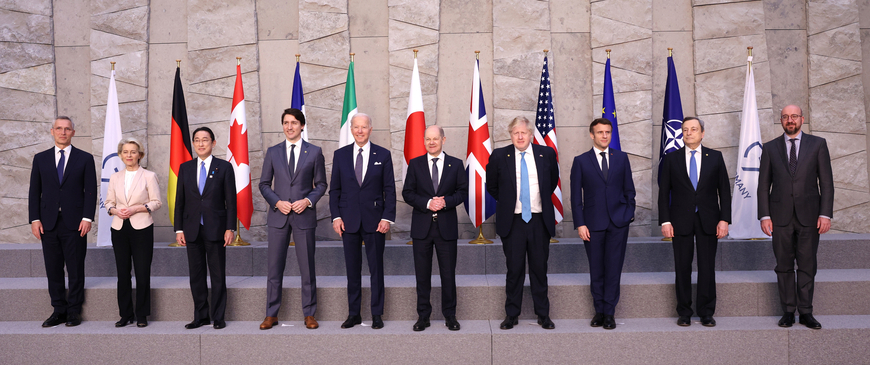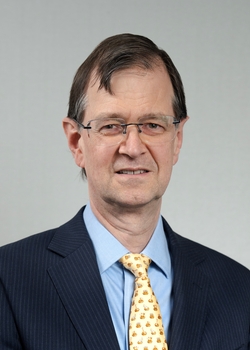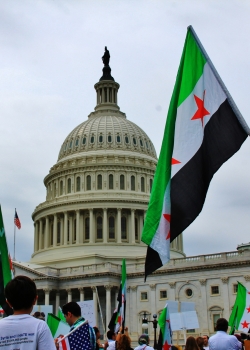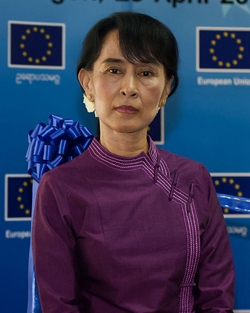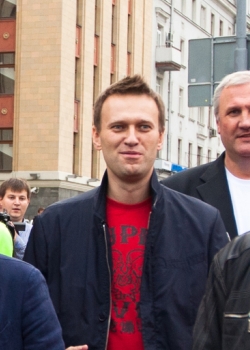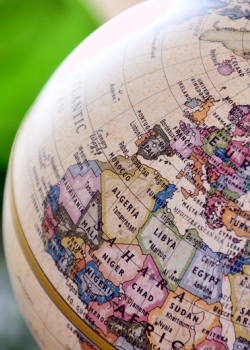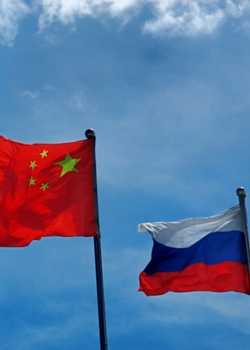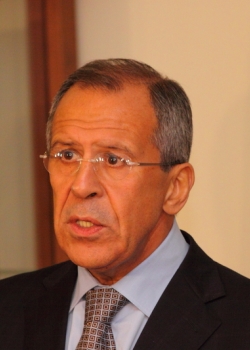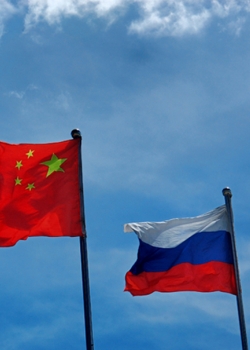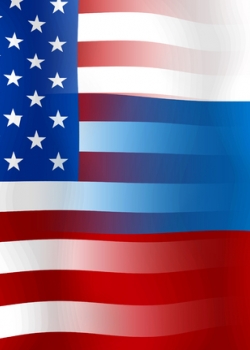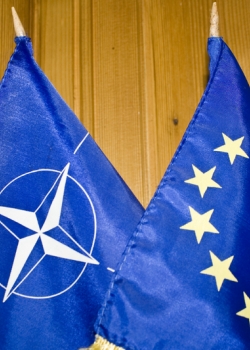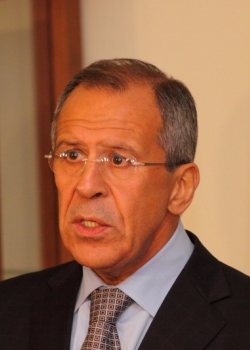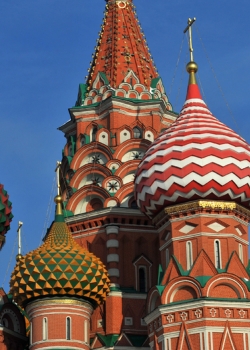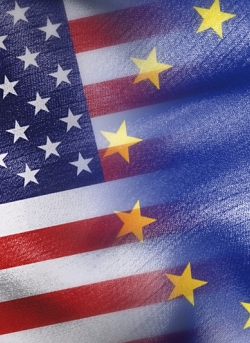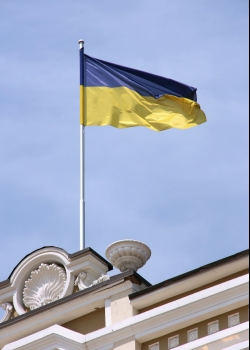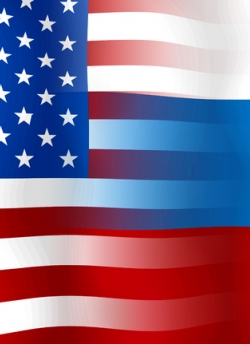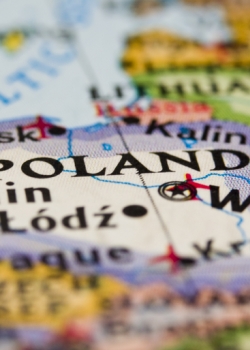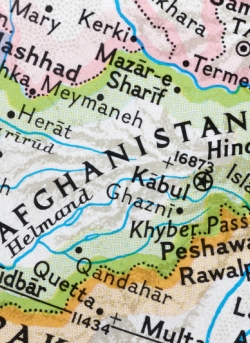China & Russia
Will Assad deliver for Putin?
18 September 2013
Carnegie Europe
Following a Russian initiative, Moscow and Washington have reached an agreement that calls for Syria’s arsenal of chemical weapons to be removed or destroyed by mid-2014.
Obama w pułapce - Interview with Ian Bond
01 September 2013
Rzeczpospolita
Niepokoi mnie, że na Zachodzie wszyscy koncentrują się na tym, jak przeprowadzić atak na Syrię. Znacznie mniej jest dyskusji o tym, w jaki sposób może na to odpowiedzieć Asad – podkreśla brytyjski ekspert ds. międzynarodowych w rozmowie z Jędrzejem Bieleckim.
Esperanzas y obstáculos en Myanmar
01 August 2013
ESglobal
Myanmar (antigua Birmania) tiene por delante un largo y difícil camino hasta alcanzar la estabilidad política, la democracia y el desarrollo económico. La esperanza es que Aung San Suu Kyi sea capaz de unir a la nación y encabezar las reformas necesarias tras las elecciones de 2015.
Navalny's sentence will influence the Russian economy
19 July 2013
Valdai Club
Russian opposition leader and anti-corruption blogger was released from custody on Friday. Member of the Valdai discussion club Charles Grant discusses the new turn in the matter.
What will be the consequences of the conviction and verdict on Alexei Navalny for the Russian political system?
I think the main consequences...
What will be the consequences of the conviction and verdict on Alexei Navalny for the Russian political system?
I think the main consequences...
The vulnerability of elites: Geopolitical risk in 2013
21 January 2013
Global Agenda Council
Categorising the major themes, risks, opportunities, and wild cards—based on discussions of the Global Agenda Council on Geopolitical Risk in Dubai, November 2012.
GAC members: Ahn Ho-Young, Katinka Barysch, Ian Bremmer (GAC chair), John Chipman, Tina Fordham, Sumit Ganguly, Jin Canrong, Wadah Khanfar, Nader Mousavizadeh, Moisés Naím, Yoshiji Nogami, Volker Perthes, Douglas A....
GAC members: Ahn Ho-Young, Katinka Barysch, Ian Bremmer (GAC chair), John Chipman, Tina Fordham, Sumit Ganguly, Jin Canrong, Wadah Khanfar, Nader Mousavizadeh, Moisés Naím, Yoshiji Nogami, Volker Perthes, Douglas A....
Stifling progress in Russia and China
24 December 2012
The New York Times
Russia and China seem very different sorts of countries. One is a pseudo-democracy with an economy dependent on natural-resource exports; the other is a one-party state and the world’s manufacturing superpower. But both suffer from unbalanced economies — and powerful vested interests that are trying to block the reforms that...
Let Russia show the way on Syria
11 June 2012
The New York Times
Like him or loathe him over his stance on Syria, Russia’s foreign minister, Sergey Lavrov, is a better diplomat than most. Experience counts, and Lavrov has spent almost three decades at the United Nations. As a former senior Soviet diplomat and Russia’s permanent representative to the Security Council in the...
Multilateralism à la Carte
16 April 2012
The International Herald Tribune
Many problems cannot be solved without international co-operation, yet "multilateralism" — the system of international institutions and rules intended to promote the common good — appears to be weakening.
Will Putin delete the reset?
04 April 2012
The International Herald Tribune
In February 2009, Vice President Joe Biden called for the reset button to be pressed in the U.S.-Russia relationship, and for the next three years Presidents Barack Obama and Dmitri Medvedev fostered a rapprochement between Washington and Moscow.
The implications of multipolarity for Central Europe’s security
02 April 2012
Center for European Policy Analysis
For years, Central Europeans have fretted that the United States might withdraw from the European security arena in order to focus on more pressing issues in other parts of the world. Over the last 12 months, these concerns have been exacerbated.
Le veto russe sur la Syrie n’est pas injustifié
28 February 2012
Le Temps
Sans doute Moscou fait-il de la realpolitik en s’opposant à un projet de résolution du Conseil de sécurité exigeant le départ de Bachar el-Assad. Toutefois, la diplomatie russe a raison de penser qu’un tel texte serait intenable. Avec le régime syrien, les Etats occidentaux ont tout fait de travers, estime...
It doesn’t matter who is president of Russia
02 August 2011
Financial Times
In Moscow, the speculation about Russia’s next president is becoming tedious. Dmitry Medvedev has made it clear he would like to run again, but most people think Vladimir Putin, prime minister, will be the official candidate and win March’s election.
But does it matter whether President Medvedev continues, Mr Putin returns...
But does it matter whether President Medvedev continues, Mr Putin returns...
Stopping the transatlantic rift
26 January 2011
International Herald Tribune
You might call it the Obama paradox: Atlanticists on both sides of the ocean were certain that this president, inaugurated two years ago, would renew the transatlantic alliance.
A bad deal for Ukraine and Yanukovich
27 April 2010
Financial Times
The new Ukrainian president has got off to a bad start in foreign policy terms. Last week, Viktor Yanukovich signed a lease agreement with Moscow that will allow the Russian Black Sea Fleet to stay in Ukraine for at least another 32 years.
Le G20 a manqué une chance de réformer la finance
24 April 2010
La Tribune
Vendredi après-midi, ministres des Finances et banquiers centraux des pays riches et émergents du G20 se sont réunis à Washington pour discuter des projets de régulation du secteur financier.
'West Bank first' approach has failed
04 February 2010
European Voice
The EU must convince the US to abandon a policy whose flawed logic condemns it to failure.
Israel's dark view of the world
13 November 2009
The Guardian
The official explained to Bibi Netanyahu that if there was a peace settlement, extra investment would push Israel's longterm growth rate from 5% a year to 7%. The Israeli prime minister responded that if the country had 5% growth, it did not need peace.
Netanyahu was joking, according to the official...
Netanyahu was joking, according to the official...
Obama's missile defense change shows different targets
21 September 2009
Yale Global Online
Washington rankled some of its European allies and delighted Moscow on September 17 when president Obama cancelled plans to build missile defense bases in the Czech Republic and Poland.
Warsaw warms to Moscow
18 September 2009
The Guardian
Tabloids make a poor guide to understanding a country's policy. While the newspaper headlines in Poland and the Czech Republic scream of the US "betraying" eastern Europe by cancelling missile defence bases there, the official reaction in Warsaw and Prague has been muted.
Germany owes Afghanistan an explanation
09 September 2009
The Guardian
Finger pointing is the defence of the concerned and the cornered. So it reflects very poorly on Nato that allies are bickering with one another over an attack that killed an unknown number of Afghan civilians last week.

